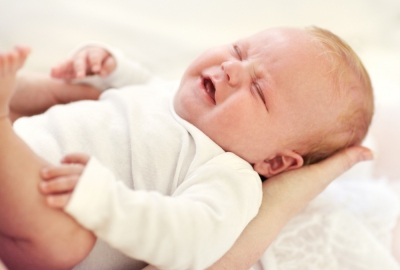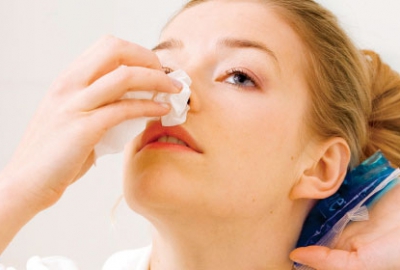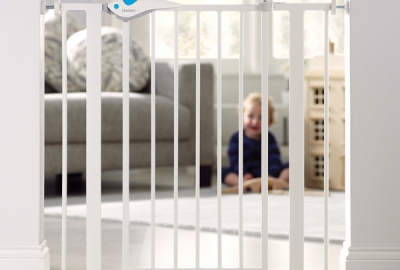Accidents in the home are much too common, especially since many can be avoided by taking a few simple precautions.
Some of the more serious accidents are poisoning incidents involving children.
When young children explore the world, they use all their senses including taste. They typically put everything in their mouth to find out what it is. For this reason, adults must make sure that children do not have access to anything poisonous.
It is surprising just how many ordinary household articles are dangerous in this respect.
To make your home safe from poisoning, examine it carefully one room at a time. Identify any potentially harmful substances and either lock them away or store them somewhere out of your children's reach.
What is poisonous in the kitchen?
Cleaning materials are usually kept in the kitchen, often in a low cupboard under the sink where they are easily accessible to curious children. Potentially dangerous products include:
- all kinds of detergents and cleaning products, which often contain chemicals that are poisonous to children.
- plant fertilizer. This is extremely dangerous.
- detergents used in automatic dishwashers. These are highly caustic and, therefore, very dangerous if consumed.
Move these products to a locked cabinet where children cannot see or reach them. It's not enough to simply store them on a worktop since children are excellent climbers. Buy products with childproof lids wherever possible - but lock them away nonetheless.
Never pour chemicals or detergents into empty soft drink or water bottles. Children may think the bottles still contain the original liquid.
What is poisonous in the bathroom?
Medicines, cosmetics, creams and lotions contain harmful substances (such as alcohol) that may poison a child.
Many tablets, medicines, herbal remedies and even vitamins are dangerous for children. Remember that children are less tolerant than adults and even a small quantity may be poisonous.
Always keep such items in a locked cabinet that the children do not have access to. Put any medicines back in the cabinet immediately after use.
What is poisonous in the living room?
Alcohol is very dangerous for children. Always lock cabinets containing wine and spirits - screwing down the lids tightly is not enough. Children are very good at opening things and even a small amount of alcohol can be harmful to a young child.
Remote controls for electronic equipment may contain small mercury batteries, which can cause poisoning if swallowed.
Cigarettes and tobacco are often left lying around. Tobacco, in all forms, is an extremely dangerous poison and just one cigarette stub may poison a child. All kinds of tobacco should be kept out of the reach of children.
Are plants poisonous?
Many houseplants and garden plants are poisonous if eaten.
A pharmacist can provide advice about poisonous plants. If you have small children, do not keep any poisonous houseplants - even if you place them out of reach, leaves may fall to the floor.
Plant poison often causes blisters and/or ulcers in your child's mouth or their tongue may start swelling.
What is poisonous in the garden?
Check which of the plants growing in your garden may have leaves, berries, flowers or fruit that could poison a child.
A garden shed is likely to contain decorating materials, paint, methylated spirits, turpentine, plant fertilizer, weedkiller, barbecue fire lighters and many more substances that are all extremely poisonous. Garden sheds should be locked at all times.









